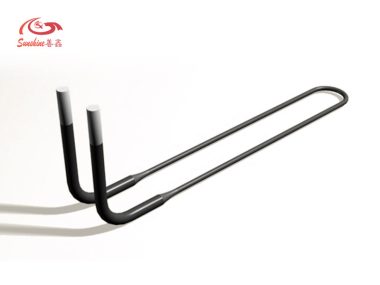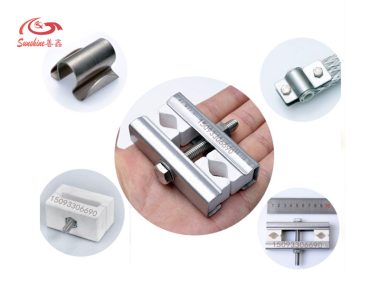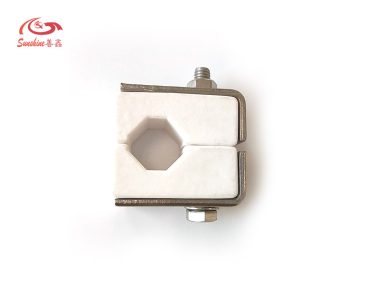Heating elements are an important part of industrial and home heating systems. Their function is to generate heat to heat air or liquids, or to melt solids.
The two most common heating elements used in industry are silicon carbide (SiC) and molybdenum disilicide (MoSi2), which have different metal compositions.
What materials make the best heating elements for an electric furnace? We illustrate with two common heating elements
Materials for silicon carbide heating element
Silicon carbide heating elements are made from a composite material of silicon carbide and silicon metal, which are combined by a reaction bonding process. In this process, a mixture of silicon carbide and silicon metal is pressed into the desired shape and then heated in a high-temperature furnace, causing the silicon metal to melt and react with the silicon carbide to form a strong bond between the two materials.
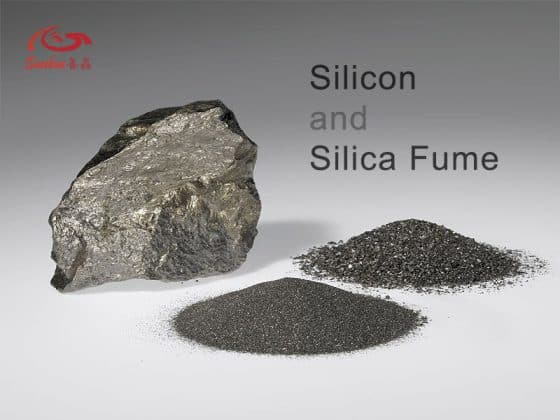
Materials for mosi2 heating element
Mosi2 heating elements consist primarily of molybdenum and silicon. These elements are formed by a powder metallurgical process, which involves mixing molybdenum and silicon powders together and pressing them into the desired shape. The pressed elements are then sintered at high temperatures to create a hard, dense structure.
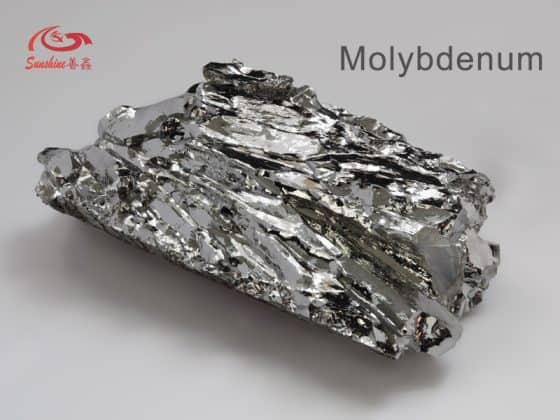
Other metals used to heat the elements.
While silicon carbide and molybdenum disilicide are the most common materials used in heating elements, there are other metals and alloys that can be used. For example, nickel-chromium alloys (NiCr) are often used in industrial heating applications because of their high oxidation resistance and excellent thermal conductivity. Iron-chromium-aluminum alloy (FeCrAl) is another popular choice because of its high-temperature strength and oxidation resistance.
In summary, the metal composition of a heating element depends on the specific type of element and its application. Silicon carbide and molybdenum disilicide are the most common materials used for heating elements, but other metals and alloys can be used depending on the specific requirements of the heating system.
